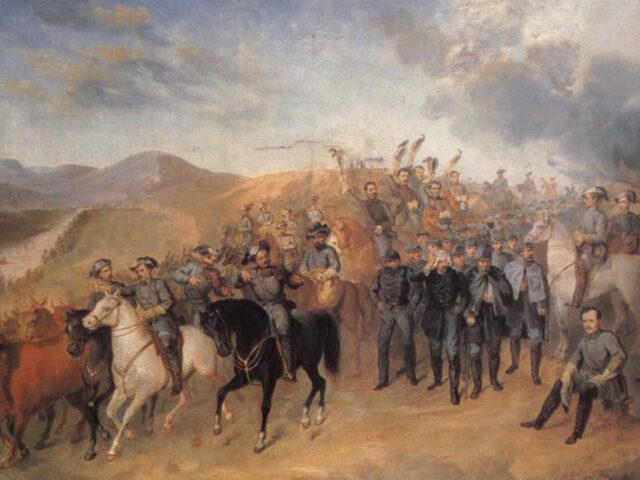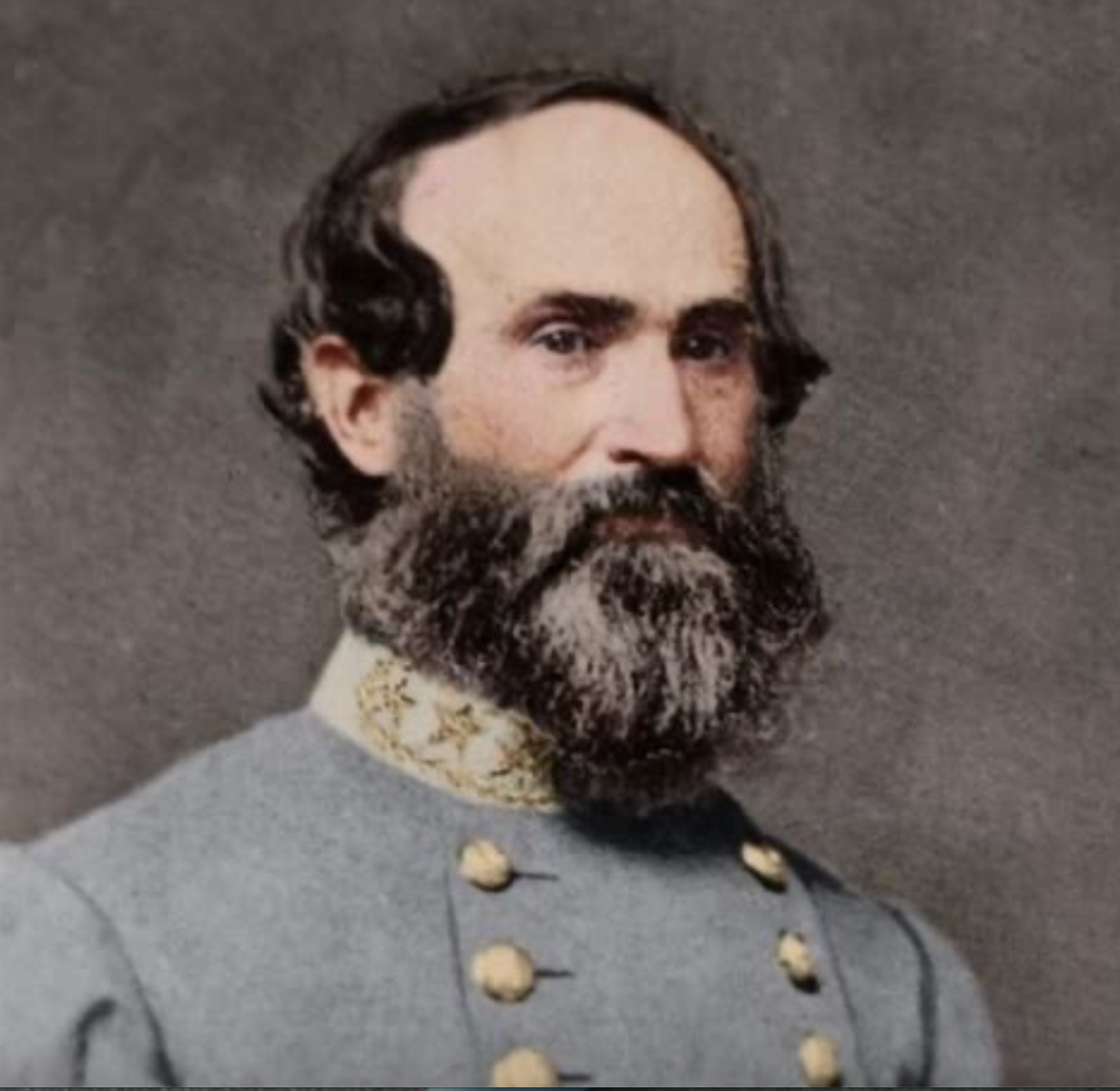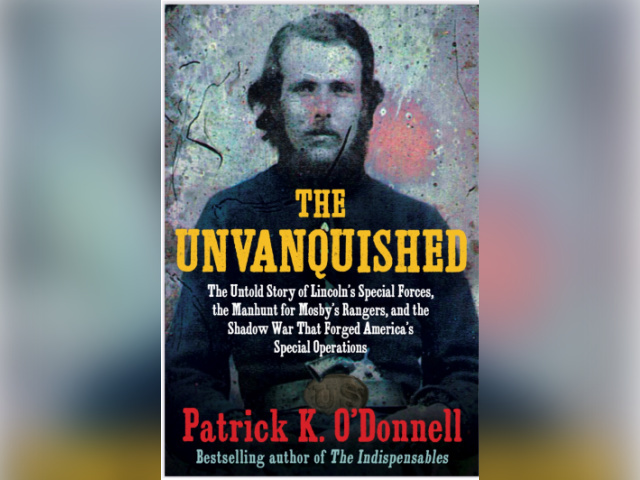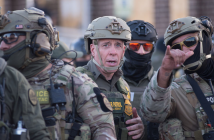Next week Americans will celebrate the founding of our country, but most probably don’t realize how close one hundred and sixty years ago in July 1864 America came to being permanently torn apart.
General Robert E. Lee, desperate to relieve pressure from General Grant’s troops on Petersburg, had ordered General Jubal Early and his army to march north in an attempt to draw federal troops away from the besieged Southern city. Early marched his 14,000-man-strong army north from Lynchburg for days with almost no resistance. Now with a clear path through the Shenandoah Valley to the U.S. Capitol, the Confederate general promised Lee on June 28, 1864 “to threaten Washington” and, if an opportunity presented itself, “find an opportunity to take it.”
Master spy and guerilla leader John Singleton Mosby and hisRangers were ideally positioned in the Shenandoah Valley to play a critical role in supporting Early’s attack. With the subversive military tactics they pioneered and mastered, they could have impeded the movement of Federal troops while also tying up as many of them as possible. But because of a clash of personalities between the two Confederate leaders, the coordination and partnership were not to be, potentially costing the South a victory that would likely have won the war for the South.
“Mean as a dog” and an officer Robert E. Lee dubbed “my bad old man,” Early was difficult to work with. Mosby’s postwar letters indicate deep hatred for the cantankerous general. The prickly Confederate general rebuffed Mosby’s requests for direction and coordination multiple times. Riding in front of Early’s army, the Rangers could have been a force multiplier if used for reconnaissance or to disrupt Union response to the attack on Washington. Instead, Old Jube made the fatal mistake of failing to use fully the war’s master spy and his Rangers.
The full story of Mosby, his Rangers and the Union soldiers who hunted them is told in my new bestselling book, The Unvanquished: The Untold Story of Lincoln’s Special Forces, the Manhunt for Mosby’s Rangers, and the Shadow War That Forged America’s Special Operations. The book reveals the drama of irregular guerrilla warfare that altered the course of the Civil War, including the story of Lincoln’s special forces who donned Confederate gray to hunt Mosby and his Confederate Rangers from 1863 to the war’s end at Appomattox—a previously untold story that inspired the creation of U.S. modern special operations in World War II as well as the story of the Confederate Secret Service.
Early chose not to notify Mosby of his march toward the U.S. Capitol or to coordinate with him. The partisan leader found out about Early’s invasion of the North and his potential attack on Washington, only after Mosby’s men accidentally ran into Early’s quartermaster in Middleburg, Virginia. Mosby felt snubbed. The resulting actions and inactions of the two Confederates influenced the course of history.
Despite the lack of camaraderie and coordination, Mosby, on his initiative, prepared to launch a raid at Point of Rocks, Maryland in what became known as the Calico Raid. The goal was to cut the Northern line of communications by severing the Baltimore and Ohio Railroad and telegraph lines. The operation began on July 3 when 250 Rangers assembled at Upperville, VA. Armed to the teeth and equipped with empty sacks for stuffing with Union loot, the Rangers rode a mile in the sweltering heat to Green Garden Mill to water their horses. The Rangers would later use the neighboring Greek-revival-style brick home, Green Garden, Ranger Dolly Richards’ family home, as one of their safe houses during the war. The mansion contains a secret trapdoor and hiding space that still exist today.
In the coming months, Richards would play an outsize leadership role in the battalion. The handsome, fearless, exquisitely dressed Confederate officer possessed sagacity and coolness under pressure that belied his nineteen years. After satiating the thirst of animal and man alike, the Rangers resumed their journey to Point of Rocks. A key hub for the Baltimore and Ohio Railroad, the town was also a connection to the Chesapeake and Ohio Canal (C&O) and a Union supply depot. Two hundred and fifty Northerners—infantry and two companies of Loudoun Rangers—guarded the town.
Through the dust and oppressive heat, a team of horses dragged a twelve-pound Napoleon up the high ground on the Virginia side of the river. The hot, sweaty work would pay off, for from that vantage, Sam Chapman, who led the crew of artillerists, would overlook the entire field of battle.
Continue reading: Breitbart.com







Leave a Reply